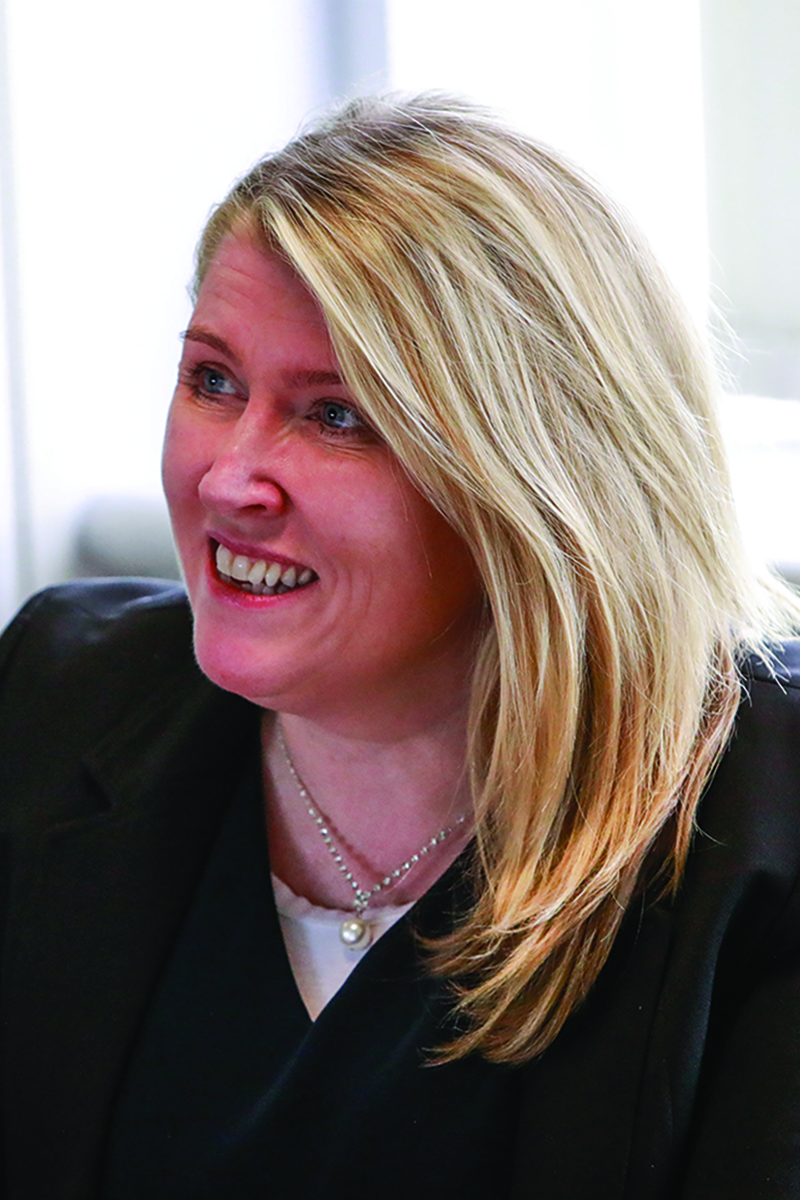Julie Welsh explains how social care is facing seismic change in Scotland
Scotland Excel is a non-profit commissioning and procurement organisation, which serves all 32 of Scotland's local authorities, plus more than 100 members from the third, voluntary and public sectors, and we have over a decade’s experience in working closely with our members.
Through our frameworks, we are involved in just about everything that happens with councils, enabling them to obtain the best in goods and services, taking increasing heed of environmental factors and social value, so never just settling for the cheapest option.
Scotland Excel began working on the first national social care arrangement more than 10 years ago, and today, this is a key strategic function for our organisation. We have many third sector providers providing services through our frameworks.
Social care is a sector about to undergo seismic change and because of the pandemic and climate change emergency, the changes ahead have almost gone under the radar.
We are fully supportive of Scottish Government’s work to improve social care outcomes, and we are keen to use our established role in social care commissioning to support Ministers in meeting the current and future challenges facing the sector.
On 5 February 2020, the Independent Care Review published a number of reports, with ‘The Promise’ outlining a new vision for Scotland. Achieving cross-party support and broad commitment to #KeepThePromise, Scotland, its statutory agencies, local authorities, third sector and thousands of children and families recognised that much had to change if all of Scotland’s children are to be able to grow up ‘loved, safe and respected.’
The Promise was made at the same time as the pandemic hit Scotland and perhaps, did not receive the level of public recognition it might have otherwise done. However, it is a major factor to drive change, which it is undoubtably going to do over coming years. Scotland Excel had already been working with The Promise to incorporate its recommendations into our children’s social care frameworks.
In February 2021 the report was published. One of the key recommendations was the creation of a new National Care Service. This would involve removing responsibility for social care from Scotland’s 32 local authorities and bringing it under central control.
Scottish Government announced on 9 August 2021 that it was accepting the recommendation of the ‘Feeley Report’ and proposed that the new NCS should also centralise Children’s Services and Community Justice.
A consultation on proposals for a National Care Service is currently taking place. The deadline for responses is 2 November 2021.

It concerns me that there is little mention of the existing national commissioning and procurement activity, which is already helping to drive positive change and embed policy, in either the ‘Feeley Report’ or the Scottish Government consultation.
As Chief Executive of an organisation with over ten years’ experience of delivering national, person-centred commissioning solutions in Scotland, I believe this is a significant oversight and a subject that needs considerably more discussion than has taken place so far.
Given our achievements to date there are many benefits for third sector providers to ensure continuity, promote choice of service and we have significantly simplified the procurement application process.
We make it possible for providers to make changes to their services (including adding new services) and flexible arrangements mean our care and support framework can be reopened to facilitate inclusion of new providers.
Procuring care and support services is a complex area. Services are becoming increasingly personalised to better meet people’s needs which, in turn, has implications for how support is planned and purchased.
I believe that successful partnership working with the third sector must be built upon openness and transparency, mutual respect and a joint understanding of the roles and responsibilities of each partner and the challenges that they face.
Scotland Excel has a dedicated social care team, staffed by skilled and experienced social care commissioners, and supported by specialist disciplines and governance arrangements. Given the complex stakeholder environment, the experience that we have acquired means our organisation is uniquely positioned to facilitate national solutions to support local commissioning.
Julie Welsh is chief executive of Scotland Excel






